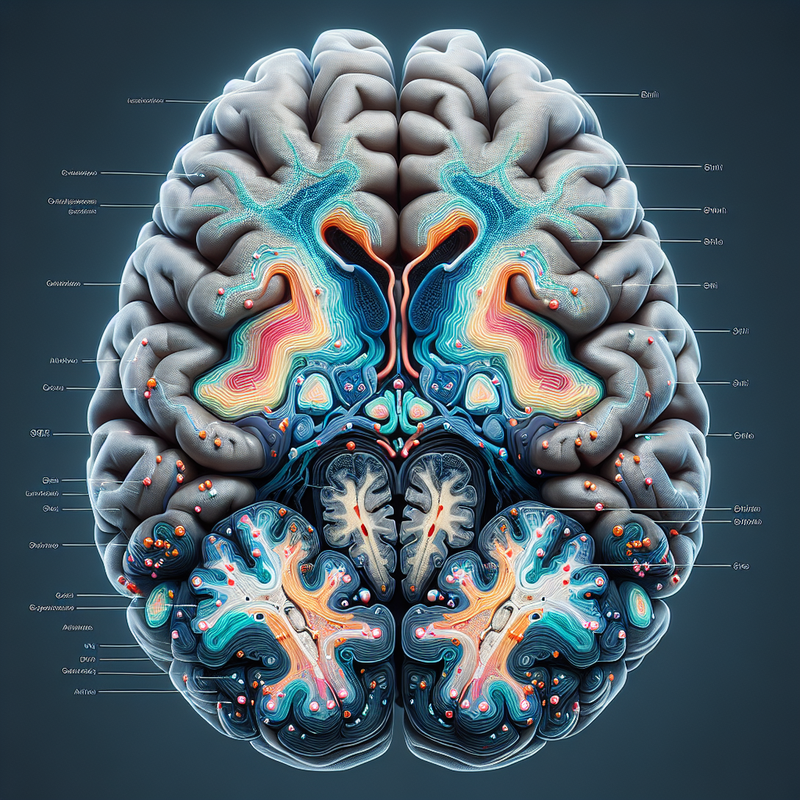New Insights into the Cognitive Impact of SSRIs on the Brain
Psychologist Vibeke Dam and her team from the University of Copenhagen have revealed fascinating findings regarding how selective serotonin reuptake inhibitors (SSRIs) – drugs commonly prescribed for depression and anxiety – influence cognitive function. The debate over how SSRIs operate and their long-term benefits has been ongoing, but this latest study offers some clarity.
The investigation involved 90 participants suffering from moderate to severe depression. They underwent initial examinations including brain imaging, cognitive function, and mood tests. This was followed by a treatment phase using the SSRI escitalopram over eight weeks. After the treatment, a reevaluation with brain scans for 40 patients and final cognitive and mood tests at 12 weeks revealed an approximate 10 percent decrease in SSRIs’ cell receptors. Additionally, the results highlighted improvements in memory performance, especially in word recall tests.
SSRIs and Memory: Promising Discoveries
Notably, individuals who showed minimal changes in 5HT4 serotonin receptor activity demonstrated the most significant improvements in verbal memory. The research did not, however, establish a direct link between mood enhancement and alterations in serotonin receptor activity, prompting new questions about how SSRIs work in treating depression.
Dam notes, “Our findings link cognitive function enhancement to the 5HT4 receptor.” She suggests that SSRIs might boost the effectiveness of the remaining serotonin receptors by increasing serotonin levels within the synapses.
Previous research by Dam’s team indicated that individuals with major depressive disorder and those with a family history of depression typically have fewer of these receptors, potentially explaining the memory challenges seen with depression.
University of Copenhagen’s neurobiologist Vibe Froekjaer offers words of caution, stating, “This is an initial discovery; a lot more research is required to understand the ramifications.” A limitation of the study was the ethical constraints that prevented using a placebo control group, which means that the certainty about the results’ connection to SSRIs is reduced.
Despite this, Froekjaer believes the results suggest that targeting specific receptors could potentially help with cognitive difficulties, even when mood Does not improve. With recent research questioning the effectiveness of SSRIs and the role of serotonin in depression, the need for further investigation is clear.
The researchers advise, “Regardless of cognitive difficulties, one should not discontinue SSRIs without doctor consultation to avoid adverse effects.” Ongoing studies aim to shed more light on SSRIs’ mechanisms and contribute to the development of precise psychiatric treatment methods.
The complete details of the research have been published in the journal Biological Psychiatry.







